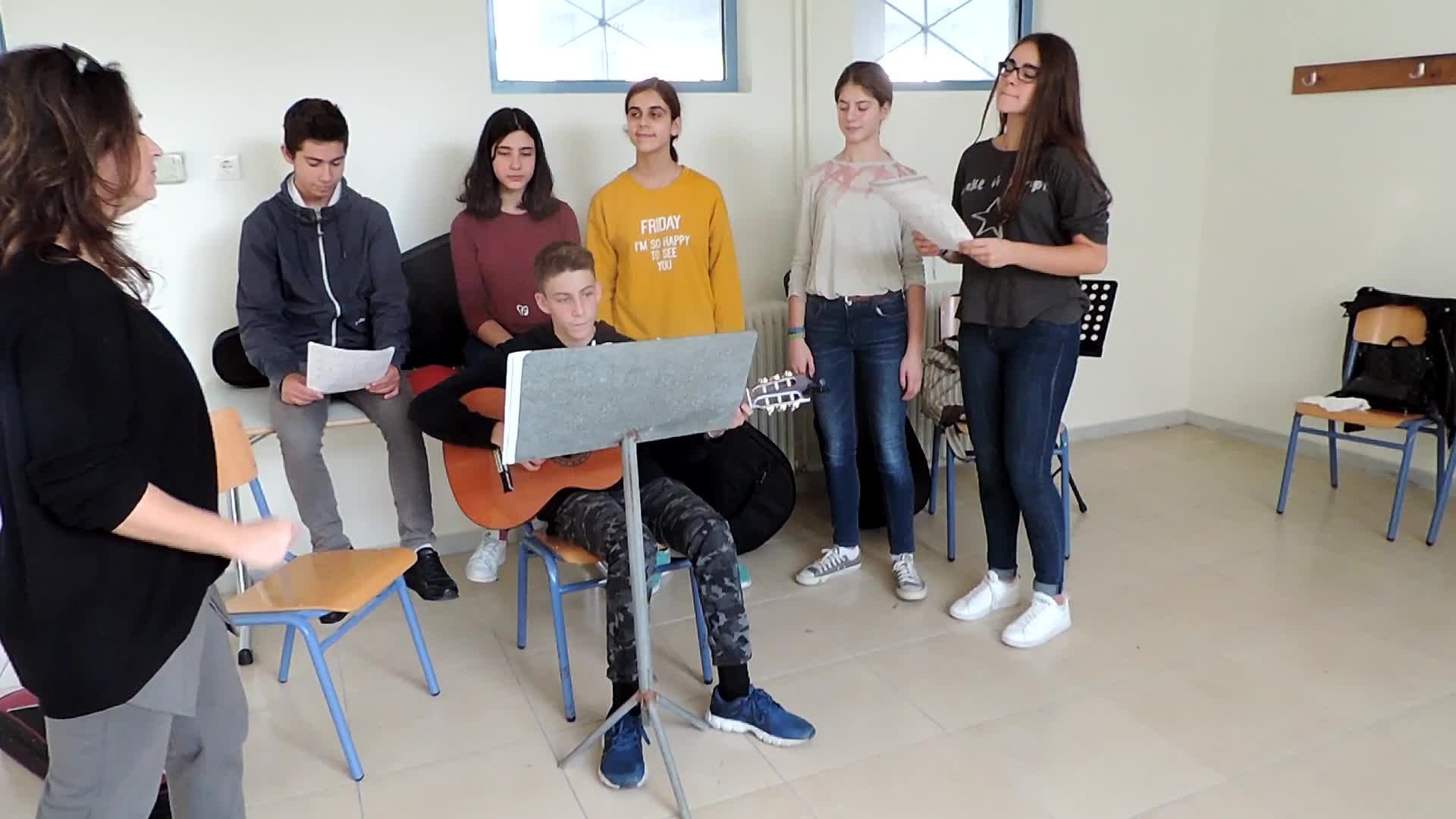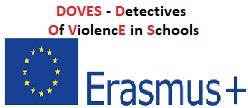“Maria Callas” Music School of Kalamata
General Information
- The school is named after Maria Callas, a well known Opera
singer. (She was born in a village near Kalamata).
- The School opened in 1993 with only 14 students.
Now there are over 250 students and 67 teachers.
- It is a Junior High School and Senior High School combined.
- The difference with other schools?
Students are also taught a variety of music subjects.
- Students who want to go to our school are required to pass an exam which tests their musical ability
- Some of the music subjects taught:
- Classical Music Theory
- Traditional Music Theory
- Choir lessons
- Mandatory musical instruments taught:
- The piano
- The tambura
- Students also choose to learn a musical instrument of their preference:
- The guitar
- The violin
- The cello
- The drums
- The saxophone
- Every Thursday we take part in Music Ensembles, which include:
- A classical orchestra group
- A folk music group
- A European choir
- A wind instrument band
- A modern music band
- Transportation to and from the School is free
- Lunch is provided to our students by the Government
- Originally our school was placed in an old building
- Since 2013 our school is in its new, modern building
Activities
- We have a lot of events throughout the school year. Most of them are music related.
- The Christmas Concert
- The Summer Concert
- Music Sundays
- We also host the concerts of famous musicians at our school.
Our school annually participates in:
- Various competitions:
- Rhetoric competitions
- Maths, Physics, Biology contests.
- Environmental Programmes
- Cultural Programmes
Our school has participated in European Programmes:
- Socrates-Comenius Programme
1997-98: The Myth of Europe
- Erasmus + KA1 Programmes:
- 2015-16: Creating the Music School of the 21st century
Europe: A cradle of innovation, creative thinking, culture & values
2) 2017-19: The Music School of Kalamata: A school open to a
Europe of innovation, entrepreneurship and creative expression
- Euroscola Programmes
2016
2017
- 2017 Young Translators Programme (Juvenes Translatores)
Facilities
Besides the numerous classrooms and offices there is also:
- a Library
- a History Classroom
- a Screening Room
- a Physics, Chemistry and Biology Lab
- a Computer Lab
- a Dining Room
- an Amphitheatre
- a Schoolyard with a Basketball and Volleyball Court
- an Underground Garage



